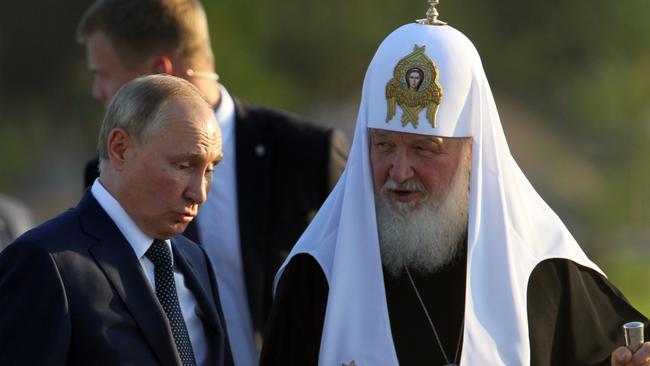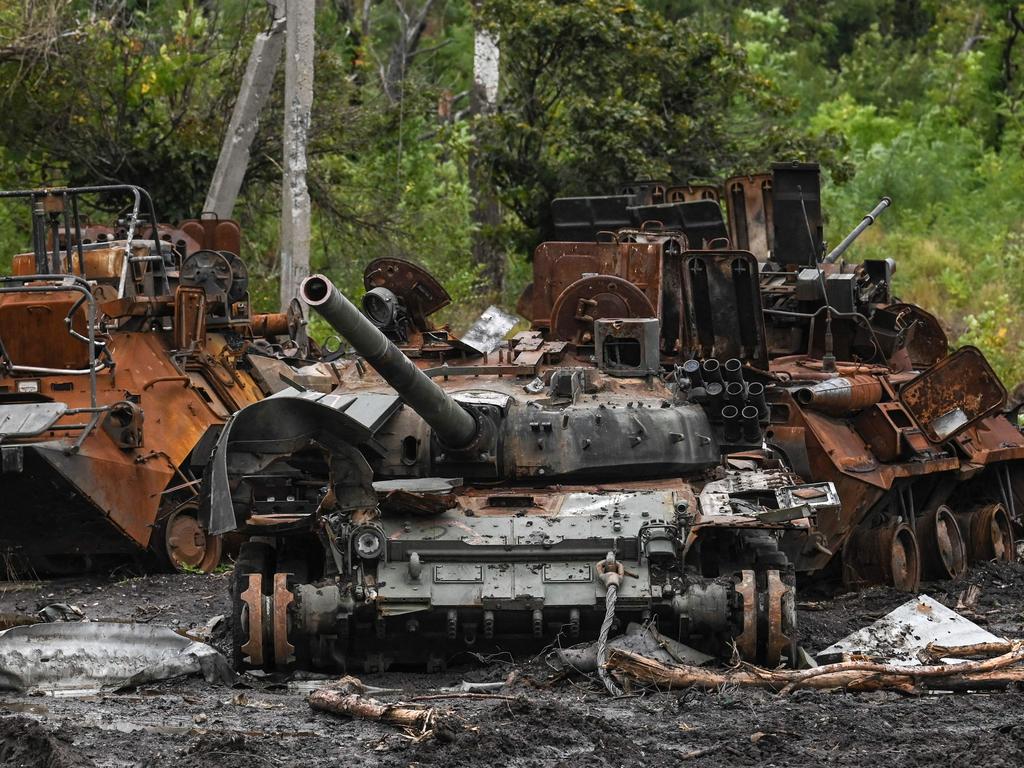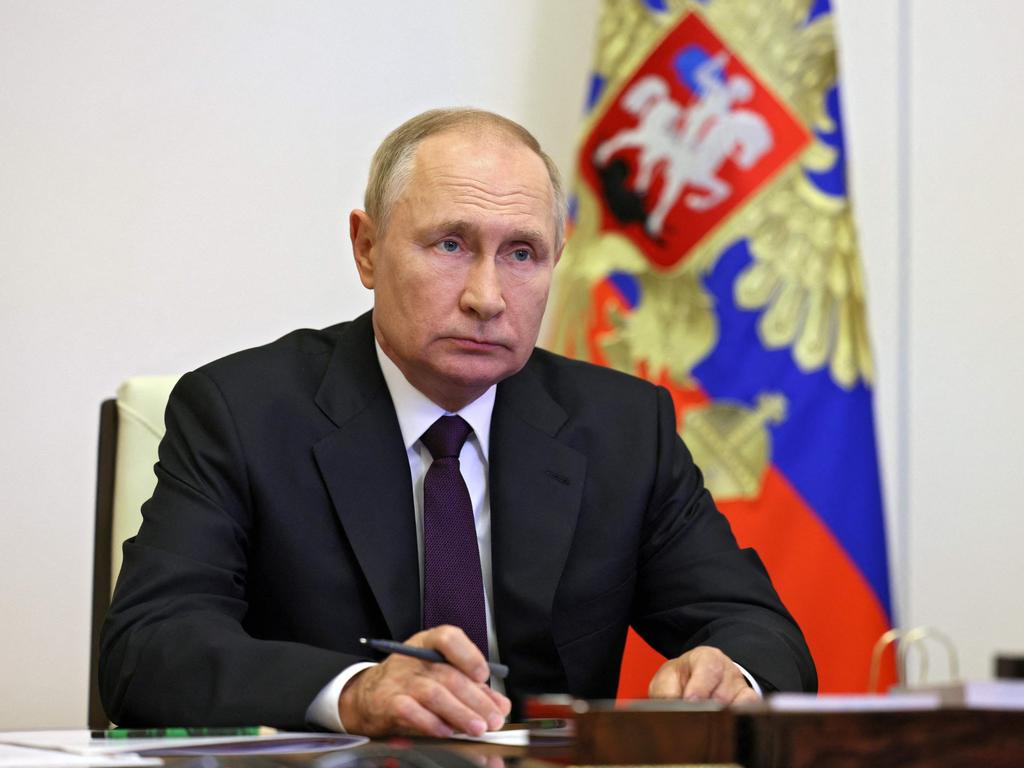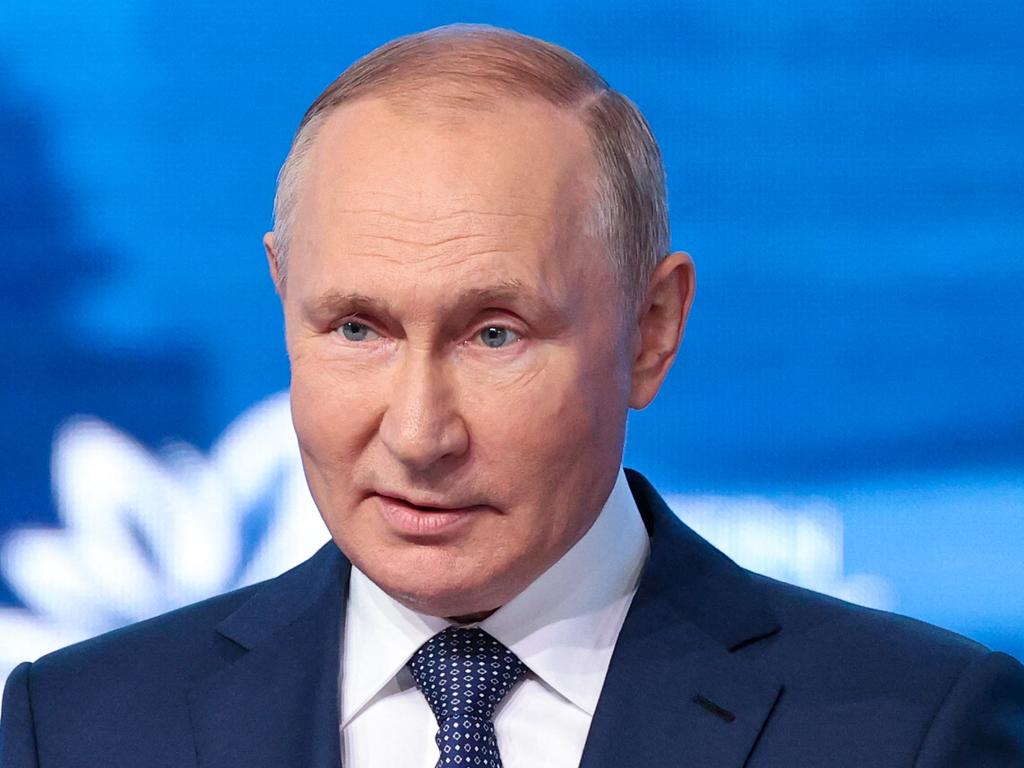
The difference is laid bare in the schism between Russian and Ukrainian religion. Patriarch Kirill inspires in his countrymen an unnatural devotion to violence. In its youth, he has seeded the belief that mass murder is divine destiny. It was not always so. For many years, Kirill enjoyed a warm welcome as part of the post-Soviet leadership. He was received by the Queen at Buckingham Palace in 2016 during a visit to commemorate 300 years of Russian Orthodox Church presence in the British Isles. Yet earlier this year, Kirill lent his full support to the forces invading Ukraine. He presented an Orthodox icon to Russian National Guard director Viktor Zolotov, saying: “Let this image inspire young soldiers … who embark on the path of defending the fatherland.”
While religious leaders in Russia face jail for speaking against the invasion of Ukraine, Kirill has been ostentatious in his praise of military aggression. Pope Francis advised the Russian Patriarch: “We are not clerics of the state, we cannot use the language of politics, but of Jesus”, and warned he should not “turn himself into Putin’s altar boy”.
The West is notoriously optimistic about the power of redemption, even when it comes to terrorists and autocrats, but we really should have seen Kirill coming. He described Putin’s 2012 election victory as a “miracle of God”. Kirill and Putin seem to believe they are leading a renaissance of some great Russian empire whose leader was Vladimir I, a Christian convert born around 956AD. Putin said Vladimir I’s adoption of Orthodoxy “predetermined the overall basis of the culture, civilisation and human values that unite the peoples of Russia, Ukraine and Belarus”.
Just as Putin uses religion to assert a pre-existing right to the territory of neighbouring states, so Kirill invokes the image of Christ to claim spiritual dominion over their churches. He was angered when the Orthodox Church of Ukraine broke away from the Moscow Patriarchate in 2018 and refused to recognise its independence. But Ukrainian Orthodox leaders are at pains to explain how the culture of post-Soviet Ukraine leans more towards the West than the East.
Archbishop Daniel, head of the Ukrainian Orthodox Church of the US, explained the differences between the Eastern and Western churches by describing how they view the individual. He said people in the Ukraine see themselves as individuals worthy of God who exercise a right to independence and freedom that leads to questioning the world around them, including practices of the church. By contrast, “the Russian Federation, they would often use the teachings of the saints of the church and imply that you are not worthy of anything”. In one view, humanity is condemned. In the other, they are “freedom-loving people of God”.
Putin’s exclusion from the Queen’s funeral symbolises that the rift between Russia and the West is not only political, but spiritual. It is thus because Patriarch Kirill has enmeshed politics and religion as a matter of convenience. The theocratic tilt is not corrected by the Kremlin, which appreciates the value of appealing to a higher authority in defence of the indefensible. But it is consistent with traditional orthodoxy.
In the literature of postcolonialism, the West and Christianity are often conflated to condemn both. However, there are substantial differences between Russian and Western Christianity that are reflected in the unholy war on Ukraine. The late political scientist Samuel Huntington noted that many scholars drew a distinction between Western civilisation and Orthodox civilisation, the latter of which is centred in Russia and has: “Byzantine heritage, 200 years of Tartar rule, bureaucratic despotism, and limited exposure to the Renaissance, Reformation, Enlightenment and other central Western experiences.”
Religion is at the centre of most major world civilisations and yet the Western approach is distinctive, with many churches supporting the separation of temporal and spiritual authority justified by Jesus’ instruction: “Render therefore to Caesar the things that are Caesar’s; and unto God the things that are God’s” (Matthew 22:21).
Western Christianity provides a bulwark against totalitarianism by separating church and state. Huntington notes that among the other major world civilisations, only the Hindu drew a comparatively clear distinction between religion and politics. Of the others, he writes: “In Islam, God is Caesar; in China and Japan, Caesar is God; in Orthodoxy, God is Caesar’s junior partner.”
As Putin’s junior partner, Patriarch Kirill has used his spiritual mandate to furnish temporal power. The Kremlin expressed moral outrage the funeral arrangements for the Queen had Russia lumped with Belarus and Myanmar as personae non grata. But the Orthodox Patriarch laced the exclusion of Putin with spiritual authority, claiming it constituted blasphemy. That could only be the case if Kirill is claiming Putin is God, or his divine representative. It gives weight to rumour the Russian regime is teetering on the brink of madness.
Behind the heroic rhetoric of glorious war, Russia is facing military defeat and a spiritual rout unimaginable only a decade ago when Putin’s popular appeal left liberals dumbfounded. Here was a strongman politician who stood for everything the postmodern West rejected. But, like so many charismatic leaders before him, Putin overestimated his ability and overextended state resources driven by the belief his imperialist destiny was divinely inspired and protected. He has proven in old age what he denied in youth; imperialism is a human sin, not a Western one.







Britain’s last word on imperialism is nyet. Russian President Vladimir Putin is not invited to the funeral of Queen Elizabeth II. British sanctions against Russia for invading Ukraine have extended from members of its political class and financial elite to the Kremlin’s spiritual leader, Orthodox Church Patriarch Kirill. While some see the Russian invasion as a fratricidal war, others view post-Soviet Ukraine as more Western than Eastern.